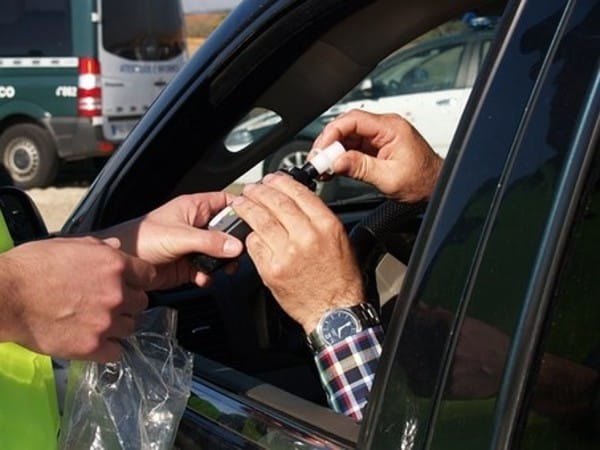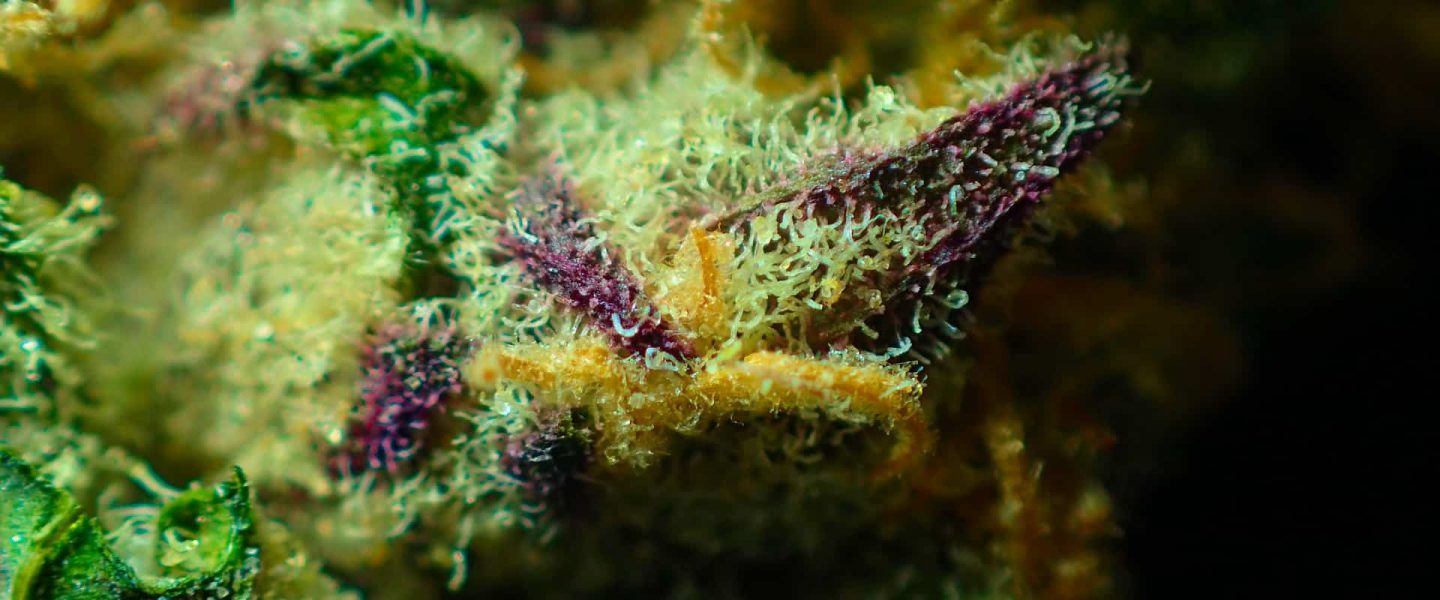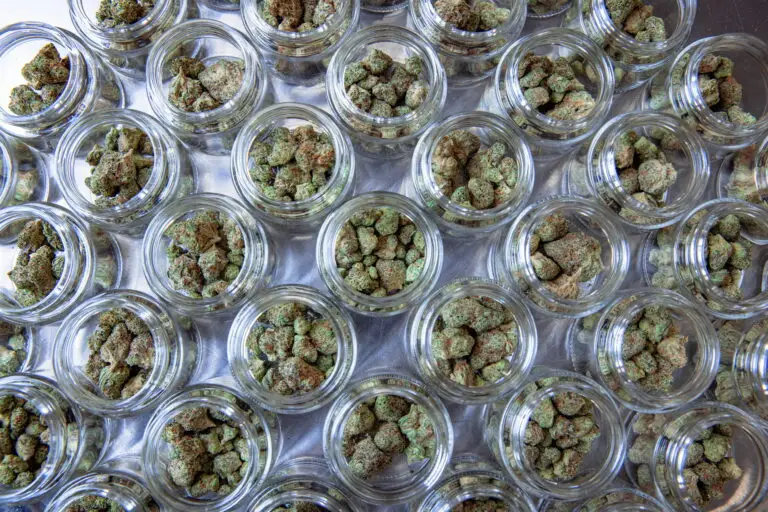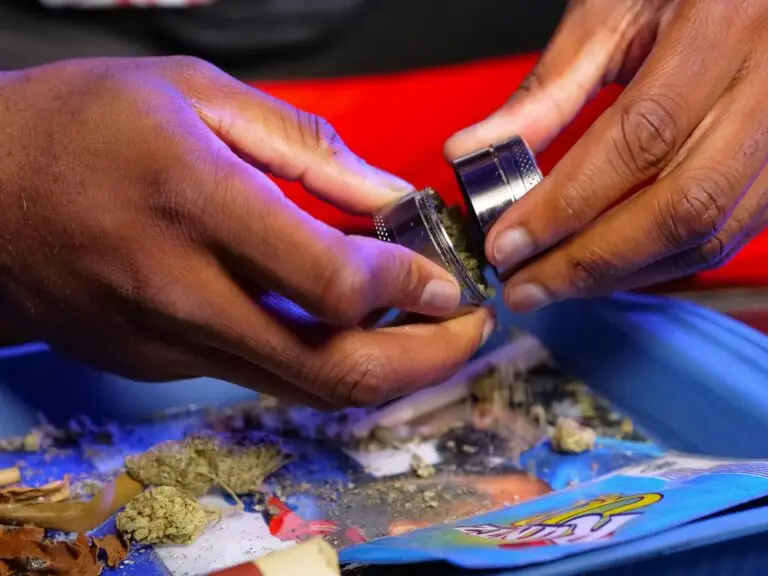
Law enforcement officials insist they’re concerned about stoned driving but have no way of proving who is and who isn’t, so they normally depend mostly on field sobriety tests used to catch alcohol use, or on personal observation, which is subject to deception.
Oakland-based Hound Labs say they’re about to change all that and make testing for marijuana as easy as testing for alcohol.
“We are trying to make the establishment of impairment around marijuana rational and to balance fairness and safety,” Hound Labs CEO Mike Lynn told National Public Radio on August 3, 2018.
He said his company has created a breath test to detect THC with a disposable cartridge that can detect marijuana use within the past two hours.
“When you find THC in breath, you can be pretty darn sure that somebody smoked pot in the last couple of hours,” Lynn said. “And we don’t want to have people driving during that time period or, frankly, at a work site in a construction zone.”
In Canada, set to implement full legalization in October, plans for police to begin using roadside saliva tests to test for marijuana. Their device is currently awaiting final approval from the Justice Department, according to The National Post. Once in use, officers will simply be able to swab a driver’s mouth to test for THC in their spit.
Cannabis industry experts, however, say that the 2-hour spit test is not reliable.
“Unlike alcohol, THC can remain detectable in the blood stream for days or weeks, when any impairment wears off in a matter of hours,” Taylor West, former deputy director of the National Cannabis Industry Association, told the Denver Post in August 2017.
The race for a weed Breathalyzer is on
A major study underway on driving impairment at University of California San Diego’s Center for Medicinal Cannabis Research is scheduled to wrap up next year.
“We are not only looking at how impaired a driver is at different levels of smoking, but also how long that impairment lasts,” said the study’s lead author, Thomas Marcotte.
Other groups, including the National Institute of Standards and Technology in Boulder, Colo., are working on creating standards for a cannabis detection test.
























